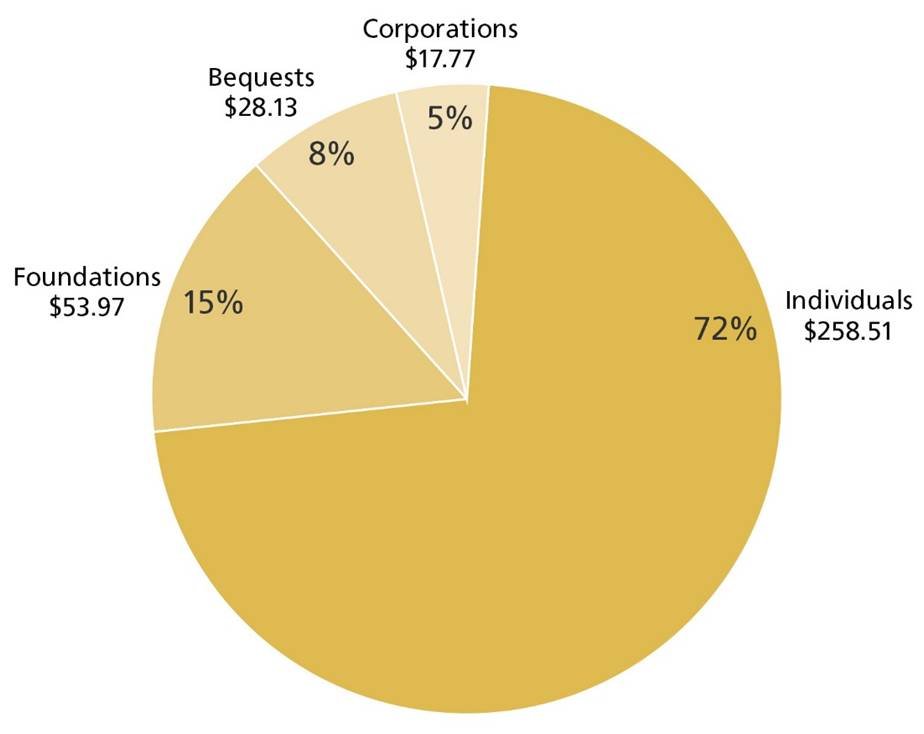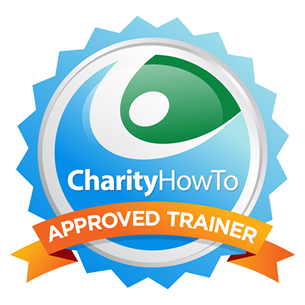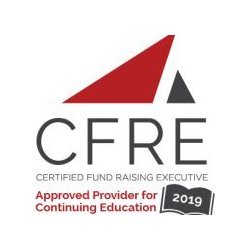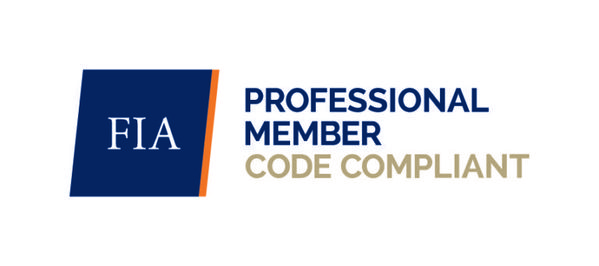Let’s get rid of our printed newsletter and just send an e-newsletter.
Our donors don’t like personal solicitations.
We are only going to send out one appeal a year because we don’t want to send too much mail to our donors.
I hear statements like this all the time. And, I wonder if we are making decisions for our donors. I know that this goes for some groups.
 When I surmise this is the case, I often ask, “Have you asked your donors?” And, the response is “No, how do you ask them?”
When I surmise this is the case, I often ask, “Have you asked your donors?” And, the response is “No, how do you ask them?”
Well, quite simply you meet with them, or you call them on the telephone, and you ask them questions. Questions like, “how much mail would you like from us?” or ” how do you prefer to be called upon to make a gift to us?” or even, “how do you prefer to get information from us?”
There are other ways to ask donors what they prefer.
Try a donor survey. You may design a questionnaire that asks things such as:
- Why does he/she support the organisation?”
- Which programs, projects, or issues you address are the most important to him/her?
- Is your organisation one of his/her top philanthropic priorities?
- Do he/she actively use email and do does he/she prefer to get emails from you?
- Is he/she planning to remember your organisation in his/her estate plans?
- How old is he/she (hint ask for a birthday or date range)?
- Etc., etc., etc.
Before mailing to your donors, be sure to test the survey and solicit feedback from other folks like your colleagues, friends, or family members, and include an envelope, a personalized letter, a brochure, and a self-addressed reply envelope as part of a survey package.
Then send this package out and be sure to analyze and document these returns. Don’t just let them pile up.
Then and only then will you be able to understand truly who your donors are, what motivates them to give to you, and what decisions you should make regarding your strategy, approach, and appropriate communications.
For instance, after you analyze and track the returned information, you can then segment your donors and mail materials that interest them.
But, the adage of “you don’t know until you ask” is such a critical element of driving all that you do in fund development.
We surely cannot begin to make assumptions for our donors based on our thoughts, interests, and profiling.

 average of twenty cents per dollar raised to renew donors via direct mail? It costs about $1 to $1.25 to acquire a donor using that same method. That is five times more. And, on the converse, these new donors tend to give substantially less. It is much easier to upgrade an existing loyal donor to a higher level of giving.
average of twenty cents per dollar raised to renew donors via direct mail? It costs about $1 to $1.25 to acquire a donor using that same method. That is five times more. And, on the converse, these new donors tend to give substantially less. It is much easier to upgrade an existing loyal donor to a higher level of giving.
 important to not only look at internal things that will impact your fundraising success i.e. Board of Directors, etc., but it is also critical to examine external factors as well. Some external things that may affect the success of fundraising include political factors (i.e. election time), economic (a down economy), sociocultural (changing demographics), and technology (changes in the web, social media, etc.). Development audits also tend to examine others in the industry including nonprofits serving the same type of causes, similar sizes, potential collaborators, and other market factors).
important to not only look at internal things that will impact your fundraising success i.e. Board of Directors, etc., but it is also critical to examine external factors as well. Some external things that may affect the success of fundraising include political factors (i.e. election time), economic (a down economy), sociocultural (changing demographics), and technology (changes in the web, social media, etc.). Development audits also tend to examine others in the industry including nonprofits serving the same type of causes, similar sizes, potential collaborators, and other market factors). se results to the board.
se results to the board. They fail to look at national giving trends that show individuals giving more than 70% of all contributed income and only 15% made by grants and foundations, with even less by corporations. It is these same organisations that continue
They fail to look at national giving trends that show individuals giving more than 70% of all contributed income and only 15% made by grants and foundations, with even less by corporations. It is these same organisations that continue
 Well, this group had a total of 700 names in their donor file. And, they were in serious trouble operating in crisis mode. Person after person told them that they should not invest in donor acquisition, but
Well, this group had a total of 700 names in their donor file. And, they were in serious trouble operating in crisis mode. Person after person told them that they should not invest in donor acquisition, but




